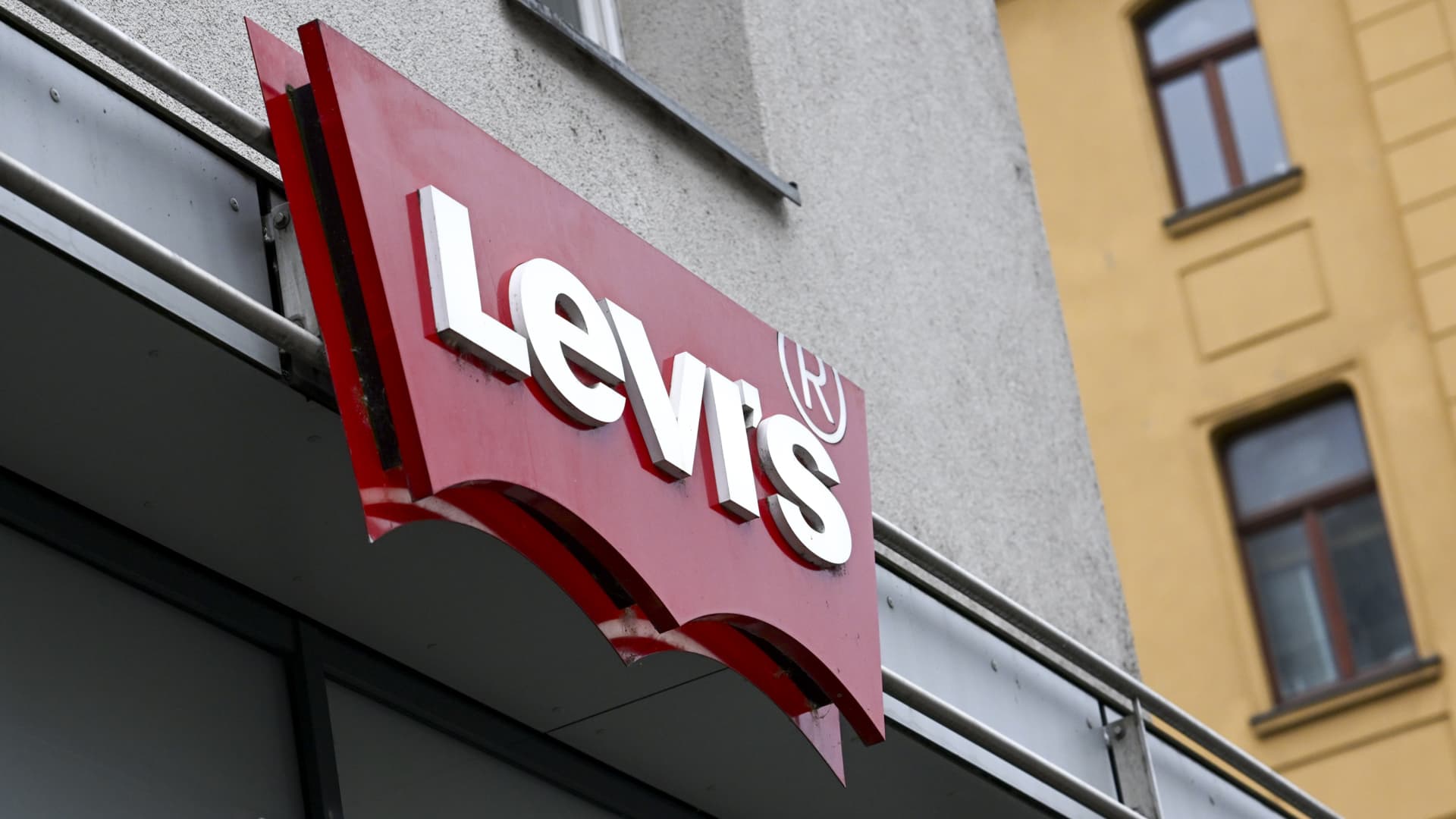Analyzing the Levi Strauss and Dockers Sale: A Strategic Shift in Apparel Brand Management
Introduction: A Strategic Turn in the Apparel Industry
The recent agreement for Levi Strauss & Co. to sell its Dockers brand to Authentic Brands Group (ABG) for an initial $311 million, potentially rising to $391 million, signifies more than a simple transaction. This sale reflects evolving strategies in apparel brand management and highlights shifting priorities within the retail landscape. It speaks to broader industry patterns where legacy brands, facing growth challenges, are repositioned through specialist brand management to better align with modern consumer expectations and market dynamics.
Levi Strauss and Dockers: From Expansion to Realignment
Levi Strauss & Co. has long been synonymous with denim, but Dockers represented its venture into the casual and business casual apparel market. Originally launched to complement Levi’s iconic denim products, Dockers carved out a niche in khakis and casual wear, broadening the company’s reach.
However, recent years revealed performance issues for Dockers amid sustained pricing pressures and changing consumer habits. Levi Strauss’s decision to sell Dockers reflects a strategic portfolio realignment aimed at concentrating efforts where growth potential and market traction remain strongest. The company’s intensified focus on its direct-to-consumer (DTC) model and growth in adjacent segments such as Beyond Yoga suggests a sharper, innovation-driven approach to brand management and consumer engagement.
Authentic Brands Group’s Acquisition: Revitalization Through Expertise
Authentic Brands Group’s acquisition strategy leverages deep expertise in reviving and monetizing established but underperforming brands. Dockers fits squarely within ABG’s portfolio philosophy — acquiring brands with historical credibility and latent potential for expansion.
By securing Dockers for $311 million plus performance-based earn-out incentives, ABG plans to apply its strengths in global brand licensing, digital marketing, and cross-sector partnerships. Combined with its ownership of aligned brands like Reebok and Van Heusen, ABG can orchestrate synergistic strategies in distribution and brand positioning, aiming to re-energize Dockers’ relevance among younger, digitally savvy consumers while expanding its geographic footprint.
The Competitive Context: M&A Trends in Brand Management
The acquisition did not come easily for ABG; Dockers attracted multiple bids from brand management firms such as Marquee Brands, WHP Global, and Bluestar Alliance. These competitive dynamics underscore the broader market trend where specialized brand managers actively acquire legacy apparel brands for reinvention.
This M&A activity is driven not just by acquiring assets but by capitalizing on licensing models, omni-channel sales strategies, and digital-first marketing techniques. These firms bet on transforming traditional brands to appeal in a rapidly evolving retail environment where online engagement and consumer experience dictate brand success far beyond physical retail presence.
Strategic Implications for Levi Strauss: Sharpening the Core Focus
Levi Strauss’s divestiture of Dockers enables a concentrated approach to its core strengths. The move allows reallocating resources towards scaling the Levi’s flagship brand and enhancing the DTC channel infrastructure — investments that demand significant financial and managerial focus.
Financially, the transaction returns approximately $100 million to shareholders and promises an operational simplification by removing an underperforming division. Strategically, it signals acknowledgment that Dockers’ potential is better unlocked by ABG’s specialized brand management rather than Levi’s denim-centric corporate structure.
This transition reflects broader apparel industry realities: companies balancing portfolio complexity with the need for agility amid shifting consumer preferences and retail innovations must make tough choices about brand prioritization.
Looking Forward: Revitalizing Dockers and Strengthening Levi’s
For Dockers
Under ABG’s leadership, Dockers is poised to embark on a journey of reinvention. With an emphasis on contemporary marketing campaigns, strategic collaborations, and licensing innovations, Dockers could modernize its brand image to resonate better with millennials and Gen Z consumers. Potential global market expansion and enhanced digital presence may rejuvenate Dockers’ position in the competitive casual and business casual apparel space.
For Levi Strauss
This divestiture frees Levi Strauss to deepen its investment in its heritage brand and newer growth segments. Embracing the DTC model more fully should yield closer customer relationships, improved margins, and greater responsiveness to market trends. The move signals a commitment to innovation and operational excellence amid an unsettled retail climate.
Industry Significance
The deal exemplifies a growing phenomenon within the apparel industry: specialist brand managers acquiring legacy labels not to manufacture and retail directly but to maximize value through licensing, digital storytelling, and diversified partnerships. It highlights the increasing complexity of brand management in the modern age, where success depends on more than product—it hinges on narrative, consumer connection, and strategic agility.
Conclusion: A Defining Moment in Brand Evolution
The sale of Dockers by Levi Strauss to Authentic Brands Group marks a critical pivot for both companies and sets a notable precedent in apparel brand management. Levi Strauss’s sharpened focus on core competencies and direct consumer engagement positions it for sustainable growth in an increasingly digital retail landscape. In contrast, ABG’s acquisition unlocks opportunities to reimagine Dockers’ legacy for a new generation, leveraging specialized brand-building expertise.
This transaction encapsulates a broader industry shift towards portfolio specialization and sophisticated brand stewardship, where legacy brands are reborn through innovative management rather than traditional retail reliance. Watching Dockers’ trajectory under ABG will offer valuable insights into how heritage apparel brands can effectively renew themselves amid evolving consumer expectations and market challenges.











